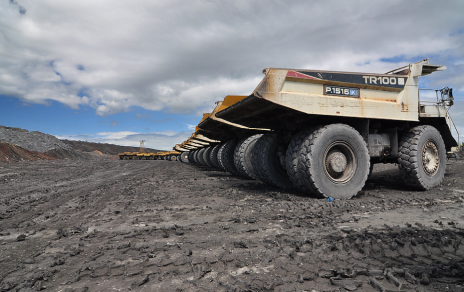Chile’s Atacama salt flat is sinking at a rate of 1 to 2 centimeters (0.4 to 0.8 inches) per year due to lithium brine extraction, according to a study by the University of Chile.
The study used satellite data collected between 2020 and 2023 to verify deformations in the Earth’s crust. It was published in the IEEE Transactions on Geoscience and Remote Sensing journal.
Francisco Delgado, a researcher at the Department of Geology at the University of Chile and lead author of the report, said the sinking area is in the southwest part of the salt flat where lithium miners operate.
“It’s not the entire salt flat,” Delgado said, adding that the area coincides with parts where “companies are doing most of their pumping or the most intense pumping.”
In his report, Delgado said the pumping of lithium-rich brine occurs at a faster rate than the recharge of aquifers, leading to subsidence, or the downward vertical movement of the Earth’s surface.
“Subsidence due to irreversible changes in permeability can be a very serious problem,” Delgado said, adding that the area measures approximately 8 kms (5 miles) north to south and 5 kms (3 miles) east to west.
The data was obtained by the SAOCOM-1 satellite constellation of Argentina’s National Commission for Space Studies, using Interferometric synthetic-aperture radar.
Chile, the world’s second-largest lithium producer, extracts the lightweight metal from the Atacama salt flat, which has one of the largest lithium reserves in the world.
The metal, essential in electric vehicles, batteries and the energy transition, is obtained by evaporation where 90% of the water is lost to the atmosphere.
Native communities that ring the Atacama worry that mining may be depleting scarce freshwater and lithium-rich brine, reducing its availability for people and wildlife.
Environmental authorities have charged SQM and Albemarle, the two lithium producers in Chile, with possible irregularities when it comes to brine extraction. They aim to switch to direct lithium extraction (DLE).
DLE promises to be more sustainable by reinjecting groundwater after extracting lithium, but the technology is still in the testing phase.
Chile’s SQM recently partnered with state-owned copper giant Codelco as the country aims to expand its lithium production.
(By Fabian Andres Cambero, Jorge Vega and Alexander Villegas; Editing by David Gregorio)
